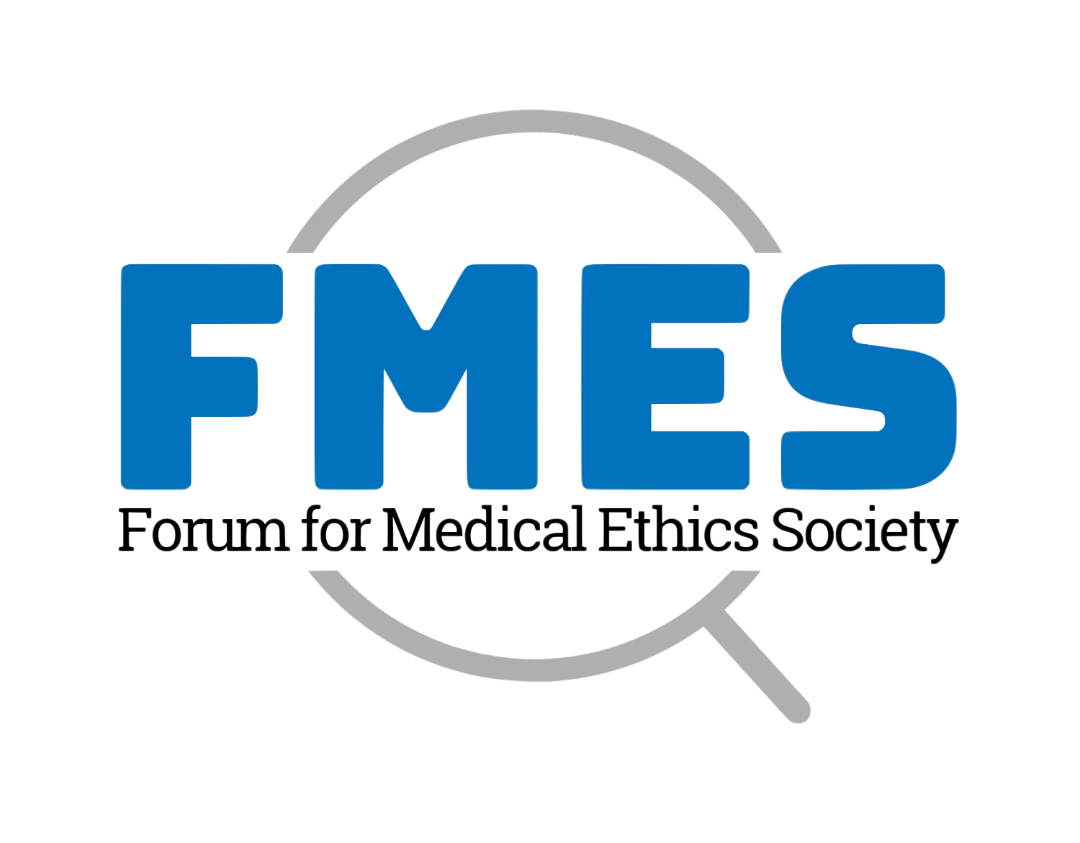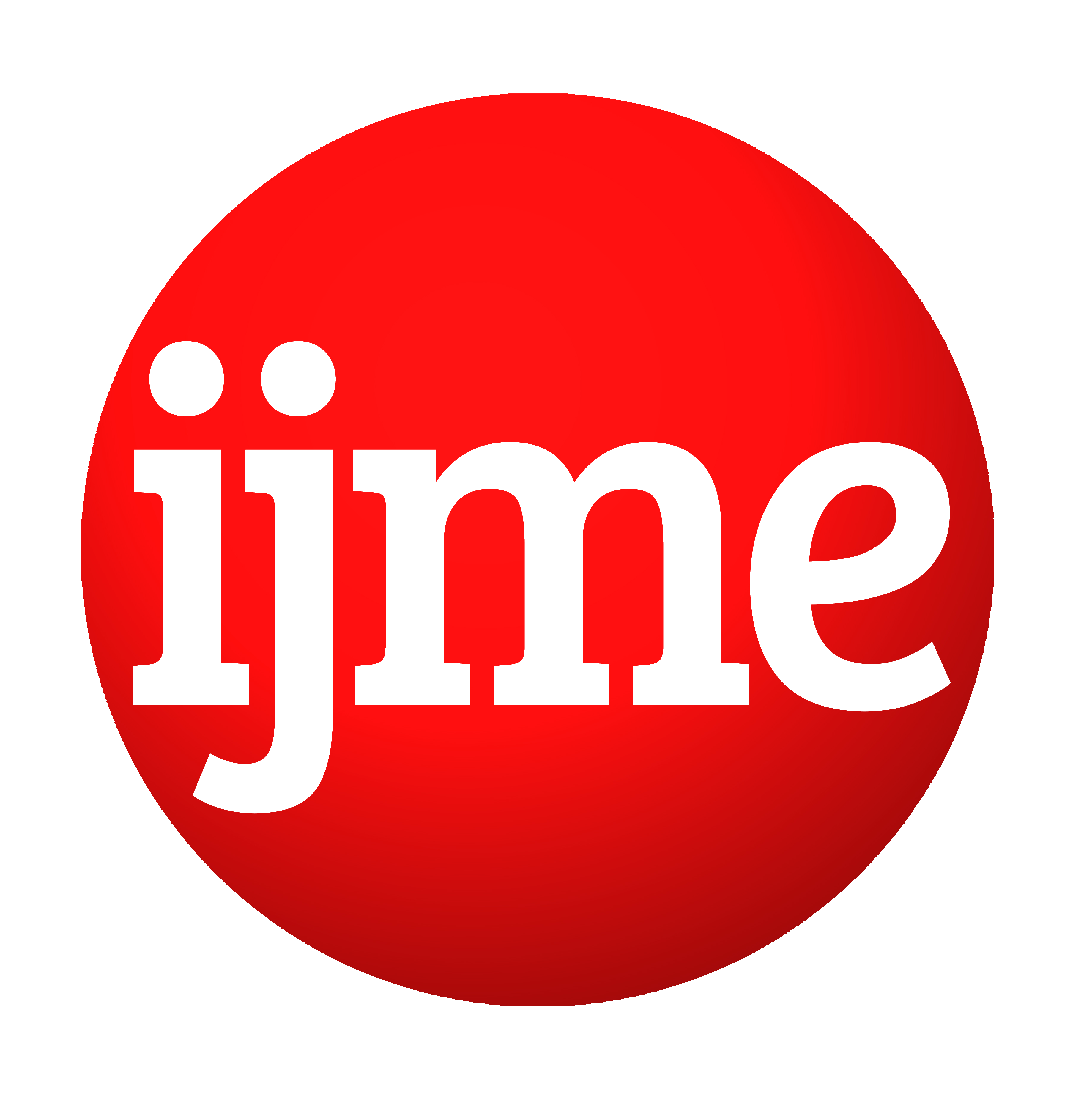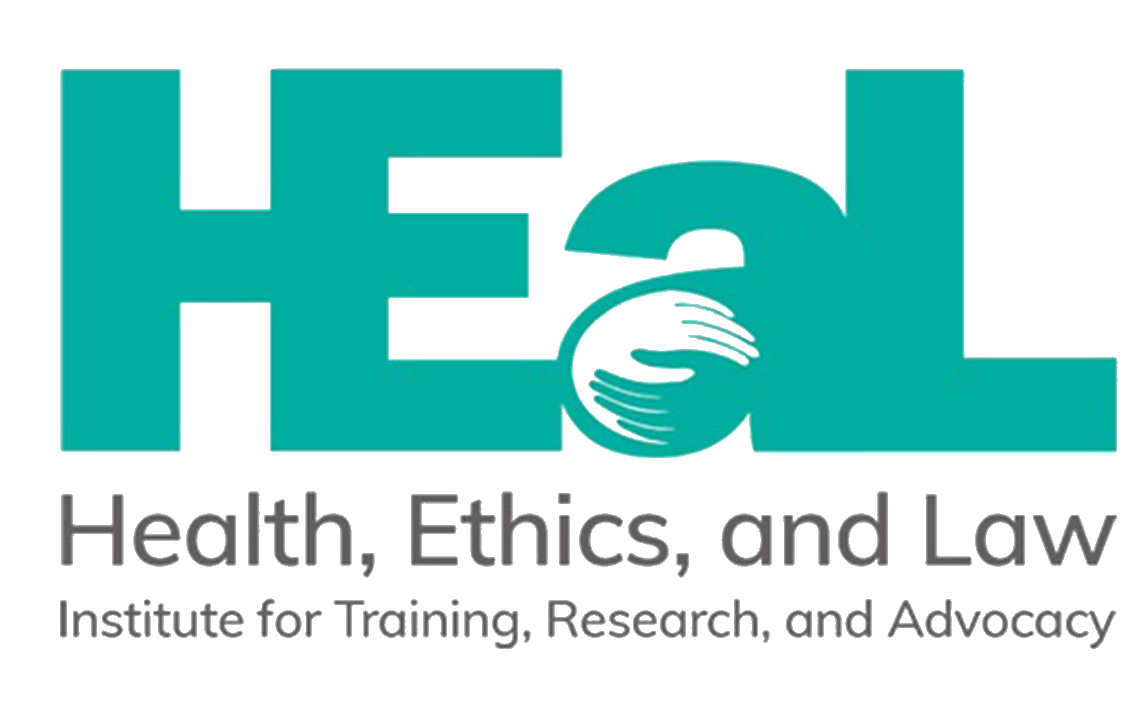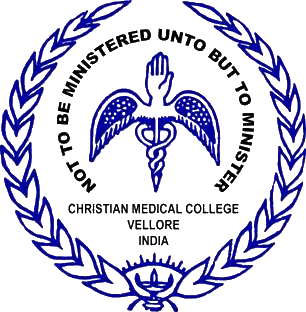| SUB-THEMES |
TOPICAL AREAS |
SPECIFIC ISSUES |
| Health for All? Bringing Rights and Ethics to the Centre |
Ethics and access to Healthcare |
- Public Health infrastructure
- Primary Health Care
- Emergency response
- Intensive care including neonatal care
- Non-communicable diseases (cancer, diabetes, hypertension, respiratory disorders)
- Palliative Care
- Access and Discrimination
- SDGs and UHC
|
| |
Health Research and Bioethics |
- Public Health research
- Clinical Trials
- Non drug trials
- Ethical issues in research:Informed consent, Compensation, PTA
- Conflict of interest – ethical disclosures
- Research on vulnerable populations
- Regulation for ethical research – role of ethics committees, protocols and guidelines
- Data transparency, Data Sharing
- Commercialisation of bio-medical research
|
| |
Political Economy of Health |
- Universal Health Care
- Privatisation of healthcare: commodification of health, privatization of public health care
- Global governance: health policies, role of philanthropic foundations, GF, WHO
- Public Private Partnership (PPP) models in healthcare
- Political economy of medical education
- Health workforce – informalisation
- Health Pluralism: Knowledge production, alternatives to biomedicine, indigenous knowledge systems, traditional healing practices
|
| Rethinking Bioethics Boundaries: In the Context of Health for All |
Bioethics Today: Rethinking boundaries |
- Medicalisation of Bioethics
- Bioethics: beyond Theology
- End of life: palliative care, euthanasia, living will
- Self, Other and subjecthood: Ethics and Human Rights
- Mental Health: beyond bio-medical understanding, rights of people seeking mental health care
- Ethics in healthcare provisioning: Professional ethics
- Bioethics in Medical Education
|
| |
New medical and reproductive Technologies and Rethinking Bioethics |
- Reproductive technologies (ARTs, Uterus Transplant, Contraception)- medicalisation of human bodies vis-à-vis rights of individuals
- Stem cells, Genomics, Genetic Engineering (Gene editing, eugenics)
- Telemedicine and IT
- Ethical Regulations
|
In an Unequal World:
Challenges for Bioethics |
Issues and Challenges |
- Universal Health Coverage or Care?
- Rights of Immigrants
- Rights of Refugees
- Global pandemics and ethics of healthcare (Zika, H1N1, Ebola), and global response: global and country level policies, rethinking response developed by global health community-viewing it as health security vis-à-vis global support and solidarity
- Global Bio Markets – trade in biological materials (stem cells), bio banking
- Role of Global civil society in promoting Bioethics
- Market and health sector – pharma, instrumentation (cardiac stents), diagnostics
|
| |
Access to Medicines |
- Drug development, R&D, funding, priorities
- Data sharing
- Pricing: transparency in cost, pricing mechanisms, global transfer/sharing of information on pricing
- New Vaccines and Immunisation
- Neglected public health needs within market driven R&D- drugs for neglected diseases/health conditions
- Patents, Intellectual Property Rights, Transfer of technologies
- Free Trade agreements
- Biosimilars-regulatory challenges
|
| |
Regional focus on Global South |
- South Asia
- Asia Pacific
- Middle East
- Africa – (sub-regional also depending on papers we receive)
- Latin America
|
| Health for All: Implications of Gender and Sexuality for Bioethics |
Sexual and Reproductive Health and Rights |
- Sexuality and Healthcare: relook at HIV/AIDS healthcare, beyond HIV/AIDS
- Young people's SRHR
- Comprehensive sexual health: comprehensive sexuality education (CSE), access to information, access to healthcare at various levels
- Legal and policy barriers to SRH services: criminalization of consensual sexual behavior, criminalization of sexual identities-discrimination against them in access to healthcare
|
| |
Reproductive justice |
- Access to treatment and diagnosis: moving beyond individualistic framework-different communities/identities of women (women with disabilities, marginalized groups of women based on race, caste, class , religion etc.)
- Abortion: Establishing right to abortion, moving beyond family planning and fertility control, abortion vis-à-vis bodily autonomy, Global Gag Rules
- Contraception: Access to information and knowledge, gendered burden of utilization of contraception-increasing male participation, freedom from coercive policies-right to make informed decision
- Infertility
- Sex Selection
- Populationism
|
| |
Issues |
- Sexual Orientation and Gender Identities (SOGI)- gender in medical education, discrimination in health system against individuals based on their gender identities, transgender-body, identity and personhood, mainstreaming health system's response vis-à-vis specialized response and infrastructure
- Gender Based Violence (GBV): gender biased orientation of health systems, access to healthcare by GBV survivors, weak recognition of GBV as a health issue, mainstreaming health systems response to GBV vis-à-vis specialized response and infrastructure
- Gender and NCDs: gender as a social determinant of NCDs, women experiencing NCDs differently, implicit gendered labour in caregiving role towards chronic health conditions within families, gender biasness amongst health system and policies in screening of all NCDs-under-recognised/neglected morbidities and risk factors amongst women
|
| Interrogating the Construction of Marginalisation and Vulnerabilities: Obligations of Bioethics |
Determinants of Health |
- Poverty
- Water
- Sanitation
- Food security
- Education
- Displacement – development projects, mining
- Conditions of work
|
| |
Environment & Climate Change |
- Ethics and Mitigating Disasters
- Sustainability and Land Rights
- Forest Commons
- Sustainable ecologies
- Environment conservation – forests, animals, land, water
|
| |
Identities |
- Marginalised communities – caste, ethnic and religious minorities
- Race
- Sexuality
- Gender
- Children
- Elderly
- Disability
- Labour: informal and unorganized workers
|
| |
Conflict |
- War
- Armed conflicts
- Terrorism
- Communal riots
- Sexual violence in conflict
- Conflict induced displacement
|





